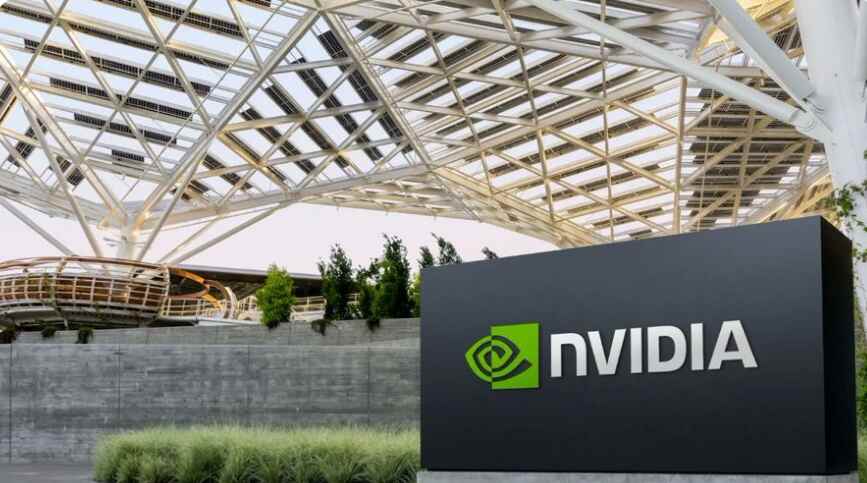Advanced Micro Devices (AMD.O) forecast a solid finish to the year, driven by the planned launch of artificial intelligence chips that could compete with Nvidia (NVDA.O) semiconductors. Its shares rose about 3% in after-hours trading.
AI chips are dedicated processors designed to run a machine-learning algorithm and apply that learning to new data. They need a combination of powerful processors, arrays of memories, robust security, and real-time data connectivity between sensors. Technology is transforming everything from medical diagnoses to self-driving cars.
Intel, AMD, and several smaller companies are vying to supply the computers running these applications. Nvidia has established a dominant position, however. Last week, the chipmaker’s stock surged 28% after reporting earnings and sales that surpassed expectations. Its revenue outlook for the year’s second half also exceeded Wall Street’s estimates.
The market has been eagerly anticipating the debut of Nvidia’s next-generation AI-processing chip, which the company says will offer up to eight times more performance than its existing GeForce GPUs. The chip is expected to be released in 2021 and will likely drive another surge in sales for Nvidia, which currently has a market capitalization of $125 billion.
Nvidia has a strong lead in the market for high-end AI chips, which are needed to train and execute large neural networks on vast data sets. The chips are also used for real-time machine learning, which can help companies predict customer behavior or improve the efficiency of an industrial process.
To achieve those gains, AI-processing chips need to be able to perform many of the same calculations as the human brain. For example, the neural network that powers Apple’s iPhone facial recognition system relies on a special chip to recognize and interpret the different expressions in people’s faces.
In addition to a boost in AI-processing chip sales, Nvidia is expected to benefit from China’s decision to ban imports of foreign chips designed or manufactured abroad. This rule will effectively prevent companies from outsourcing the production of their advanced AI and supercomputer chips to China.
Although Nvidia’s lead in the market for AI chips is significant, AMD may eventually win some market share, said Patrick Moorhead, founder and chief analyst at Moor Insights & Strategy. He sees a long-term opportunity in the hyperscale cloud AI accelerator market, which he believes could grow to be worth $150 billion by 2027. Currently, AMD is investing in a line of its own MI300 chips aimed at challenging Nvidia’s H100 ‘Hopper’ architecture. The company is set to ramp up production of the accelerator chips in the fourth quarter. He noted that whether they will be a hit has not been precise. Nvidia’s H100 chips have been on the market for 18 months, giving it a head start over AMD. However, Su is confident that the company can win big contracts. He cites Amazon’s cloud division AWS as a potential customer.
























